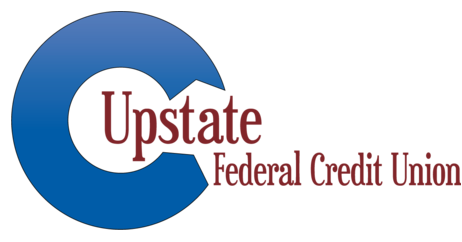Personal Finance Tips
Let’s talk about Financial wellness and how to prepare for your financial freedom. Below, we have listed a few tips to help you along the way.
Create a calendar- Create a calendar ONLY for your bills. Write down when your bills are due so that you don’t miss your deadline.
High Interest Rate? Check your interest rate on the loans you have. Which is higher? Set a goal to pay off the higher interest rate loan.
Track your Net Worth. This is the difference between your assets and your debt.
ALWAYS Set a Budget- there are checklists online to help you start the framework to build your budget. There are cell phone apps to help you with this as well.
Consider an “All-Cash” Diet- Only allow yourself an “allowance” so that you don’t overspend.
Take a Daily Money Minute- This one comes straight from LearnVest Founder and CEO Alexa von Tobel. Setting aside one minute each day to check on your financial transactions. This helps keep track of your goals and can set your spending for the rest of the day.
Budget about 30% of your income for Lifestyle Spending- Things such as the movies, restaurants etc.
Set Specific Goals- set a goal and write it down on your financial calendar. For example, you’d like to pay off your auto loan by December. Write that on your calendar and shoot for your goal!
Get a Money Buddy- It’s easier for your household to save money if you have others helping along the way. Make sure your family knows why it’s important that you have goals and a budget. Get them on board!
If you have a mountain of debt, you can start by paying off the smaller debts first. If you have smaller debts with higher interest rates, figure out which one is actually costing you more money. Make a goal to pay those off first.
Shop solo- This may sound strange, but you’re more likely to purchase more items if someone was to tell you that you looked nice in a top. Let’s say that you and your friends are out shopping; they bring several items over to you to try on…you may feel like you have to purchase the top now. Be careful when shopping with others.
Ditch overdraft protection if you’re trying to get out of a rut. This may enable you to overspend. Take away overdraft protection so that you know you cannot overdraft.
Put so much in a savings account at every pay period. You can start with something small and work your way up.
Review your Credit Report regularly and keep an eye on your credit score.
If you have bad credit, try to get a secured credit card with a low limit. Secured cards help you build credit. These are also great for young adults who are turning 18.
Do you rent your home? Always be sure you get Renters Insurance. This may cover medical bills if something were to happen at your residence. It’s normally fairly inexpensive.
Keep your “savings” out of your checking account; this could make you overspend.
Set up your direct deposit with your payroll department to go to different accounts. You can set up the direct deposit to post $100 to savings weekly, and the remaining go to checking. Be sure you always have a backup, “emergency fund”. Keeping this out of your checking account will allow you to dig into it only when absolutely necessary.
There are 5 types of Financial Emergencies: Losing your job, medical emergency, car breaks down, emergency home expenses, emergency travel. These are the types of things you need to have funds set aside for.
Re-Evaluate annually- Re-evaluate your budget annually. You may receive a raise, loans may be paid off etc., so you shouldn’t have the exact same goals every year. You may still want to pay off that auto loan, but the balance should now be lower. Get a new financial calendar, add your new goals, should you up your savings deposit?
Learn self control!
Start saving for retirement if you haven’t already. Up your contributions at work. Most employers match what you put in. Look into this. If you’re not sure what you should do, talk with your payroll department.
There are many free online classes/courses on financial literacy. Participate in all that you can!
Seek assistance from your peers, parents, bookkeeper etc. Don’t be scared to ask questions.
Still renting but would like to purchase your own home? Create a savings account for this as well.
We believe in you and we know you can do it! We are always here to help you! Upstate Federal Credit Union offers free financial literacy classes at the Westside Community Center, however, due to COVID-19, these have been postponed. We will post the new dates as soon as they are available.
References:
https://www.moneycrashers.com/financial-literacy-tips-resources-education/
